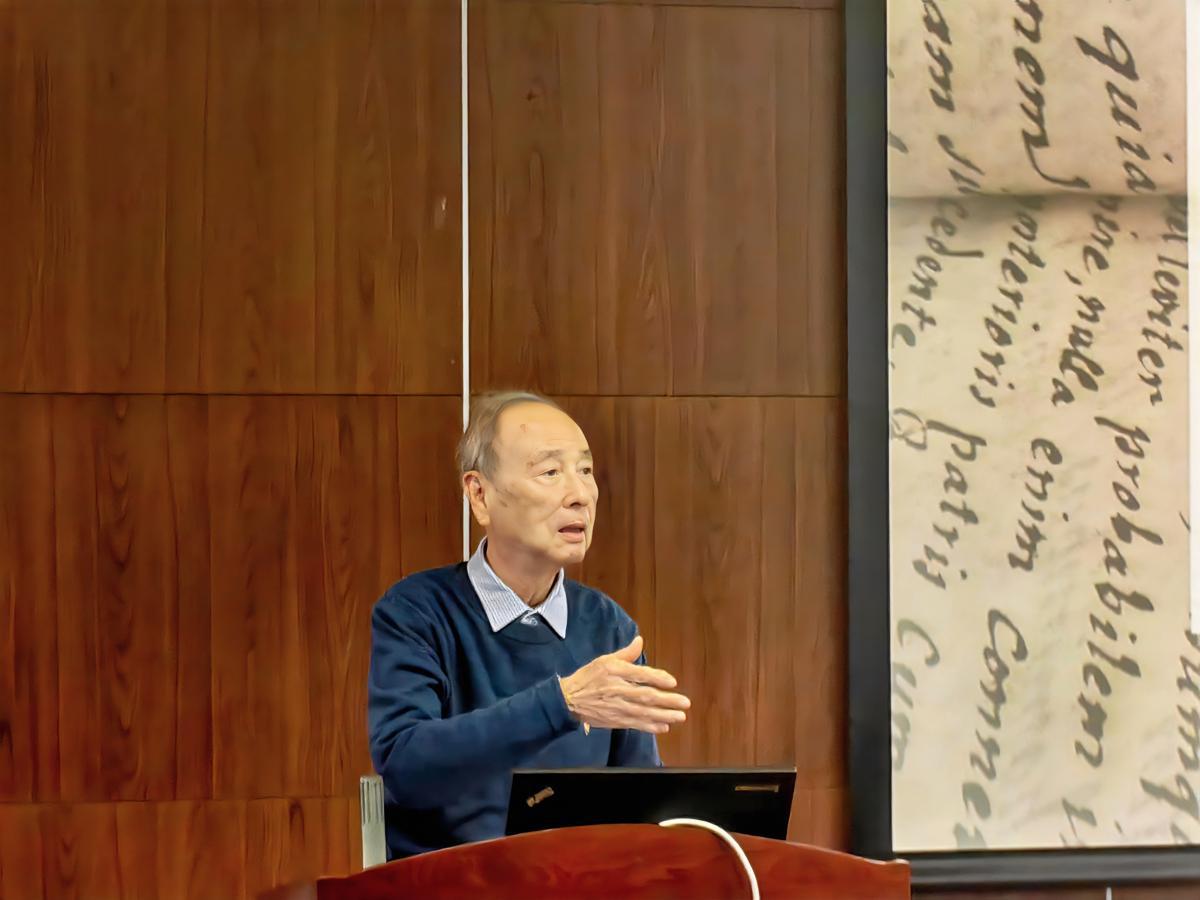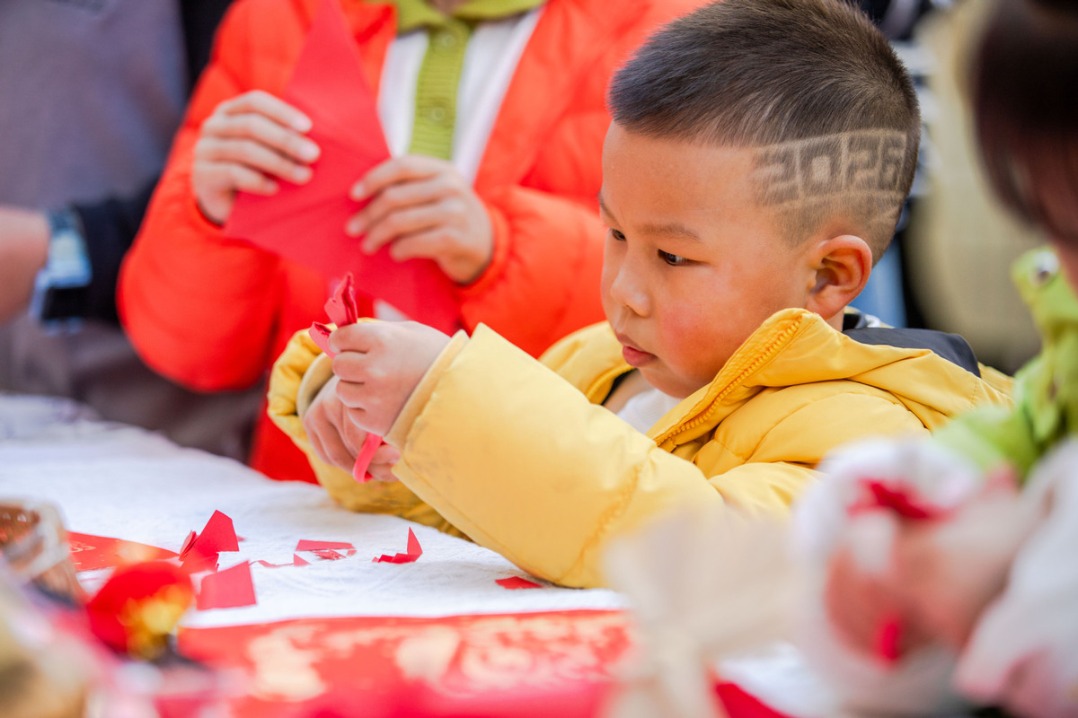Nankai University scholar publishes long-lost Latin translation of Tao Te Ching
Share - WeChat


When discussing why the Tao Te Ching has become a shared intellectual resource across cultures, Tadd said, "Compared to the Analects, which is rooted in the specific ritual norms of the social structure during the Spring and Autumn Period (770-476 BC), the Tao Te Ching does not involve specific names, places, or social systems. Instead, it revolves around universal principles such as Dao (the way), nature, and non-action." This characteristic allows it to transcend specific cultural contexts and directly address common human concerns across different civilizations.
Liu Yuanqing contributed to this story.
- Probe identifies cause of tragic Hebei nursing home fire
- Safety breaches, substandard materials, management failures caused Fuzhou accident: report
- Cutting edge UAV completes maiden flight in Sichuan
- Hainan registers record flow of foreign visitors
- Hebei discovery sheds light on development of Stone Age tools
- Lion parade sparks debate at Anhui zoo





































